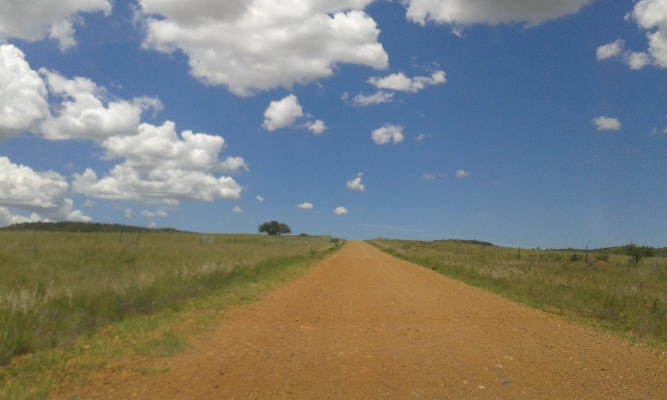WEDNESDAY, 11 JANUARY 2017
There are a few reasons why I regard it as important that I spend a few hours on my writing projects on an almost daily basis. One reason is happy delusion. A well-known cartoonist explains that, since you are probably to a great extent delusional anyway, you might as well choose a delusion that makes you happy. I choose to believe that hundreds of people regularly read what I have so far published, and that it is only a matter of time before more people tune in to my frequency, so to speak. It is a belief that makes me happy, it keeps me going, and it makes it easier for me to do other things that I do not much enjoy, but that brings in money.
I can also point to my writing projects as a positive legacy of my existence, and that I may actually succeed here and there to convince someone to do something positive rather than negative, or to give life another chance, if it ever comes to it.
Earlier tonight it struck me that there is another reason why I ought to continue with my hard work, even if it doesn’t pay. There is a business model that says that you create value first, and then you see how you can profit from it. This is exactly what large technology companies like Twitter, Facebook and Google have done, and the model is also followed by smartphone applications like WhatsApp: first provide value to many people; make money later on. This is in a sense also what I do. I am on track to reach the 700 pieces of content mark on BrandSmit.NET and AssortedNotes.COM within the next year or two. This content is personal, original, and dates back all the way to 1994 (naturally, the oldest text predates the sites themselves).
I can see in the monthly statistics that the sites are visited by more than a few people, and that a significant percentage of people spend at least fifteen minutes at a time on the sites. And there is still a lot I can do to expand readership – social media, more formats, a newsletter.
In short, I am in the process of developing two valuable assets that don’t make money at the moment, but – I might produce a book two years or five years from now that does have some commercial value. And if there is a commercial item on the proverbial shelf, then two websites (one of which has already been on the Internet for more than a decade) with hundreds of pieces of content, with a regular readership, would definitely be valuable assets.
______________________
